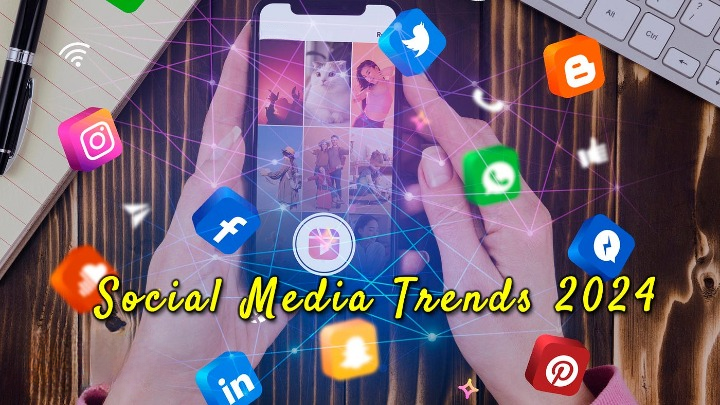Work from Home (WFH) has emerged as an efficient tool for corporate cost-cutting (cost–saving) and finding employee replacement (substitute).
In reality, work from home provides companies huge cost savings, but little in return for their employees. There are many aspects to this wfh issue. The question arises why only wfh employees will face the pay cut when other cost-cutting measures can be implemented. From a larger perspective, such a scenario appears bad and inequitable.

Everything is being reduced to cost-cutting and WfH zoom meetings that focus only on the face and what you speak. The point is that major IT giants are about to shift a major portion of their workforce to a remote working framework.
If such a situation occurs, God saves the employees who are doing wfh. As the corporate is obsessed with bringing down expenditure, then cost-cutting and layoffs are the most desirable option. If you’re so desperate for organizational cost-saving, you need to maintain uniformity and it must apply to everyone in the same way. Targeted pay-cut or no increment for wfh employees is perceived to be retaliatory & intimidating.

Network connectivity, speed, capacity, and uninterrupted electricity are a nightmare during wfh. It’s time for the Govt to take some revolutionary measures otherwise things could turn monstrous. Then, the companies have to develop a hybrid work model so that the employees will have the flexibility to work from both the office and home.
Corporate and Govt are quite pleased with cost-cutting and saving throug WFH model but they are not able to see the indirect unemployment it creates via admin, transport, support services, food services, etc.
Work from Home and Mental Health
Staying home for short periods of time is acceptable, but working from home for long periods of time can negatively impact mental health and lead to breakdowns. The solution is a virtual “tea break” or an informal after-hours meeting within the team.

Employees working from home reported extreme loneliness and isolation. Loneliness can become chronic and can lead to poor mental health and physical illness. The temporary reality of isolation causes mild to severe breakdowns in some cases.










